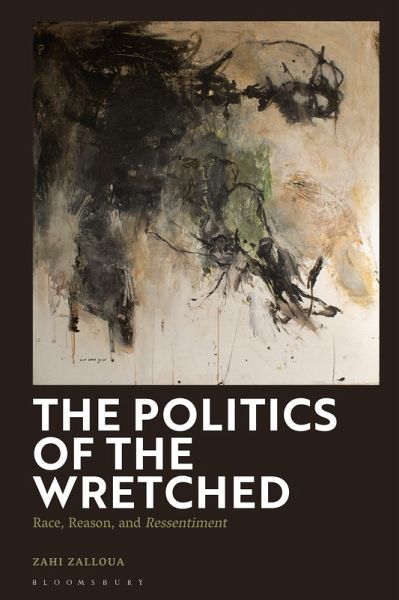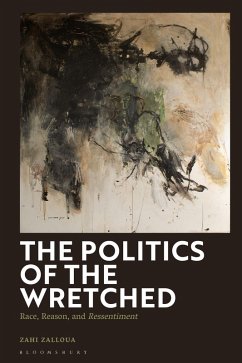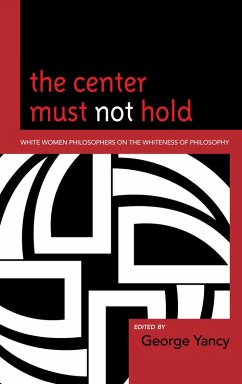
The Politics of the Wretched (eBook, ePUB)
Race, Reason, and Ressentiment
Versandkostenfrei!
Sofort per Download lieferbar
70,95 €
inkl. MwSt.
Weitere Ausgaben:

PAYBACK Punkte
35 °P sammeln!
The Politics of the Wretched argues for ressentiment's generative negativity, prompting a shift from ressentiment as a personal expression of frustration to ressentiment as a collective "No". Inspired by Kant and Nietzsche's philosophy, Zalloua identifies two modes of deploying ressentiment - private and public use - by substituting ressentiment for reason. This reinterpretation argues for a public use of ressentiment, for the wretched to universalize their grievances, to see their antagonism as cutting across societies, and to turn personal trauma into a common cause. A public use of ressenti...
The Politics of the Wretched argues for ressentiment's generative negativity, prompting a shift from ressentiment as a personal expression of frustration to ressentiment as a collective "No". Inspired by Kant and Nietzsche's philosophy, Zalloua identifies two modes of deploying ressentiment - private and public use - by substituting ressentiment for reason. This reinterpretation argues for a public use of ressentiment, for the wretched to universalize their grievances, to see their antagonism as cutting across societies, and to turn personal trauma into a common cause. A public use of ressentiment rails against the ideology of identity and victimhood and insists on ressentiment's generative negativity, its own rationality, prompting a shift from ressentiment as a personal expression of frustration to ressentiment as a collective "No". Reframing ressentiment as a tool to oppose the evils of capitalism, anti-Blackness, and neocolonialism, it both alarms the liberal gatekeepers of the status quo and promises to energize the anti-racist Left in its ongoing struggles for universal justice and emancipation.













